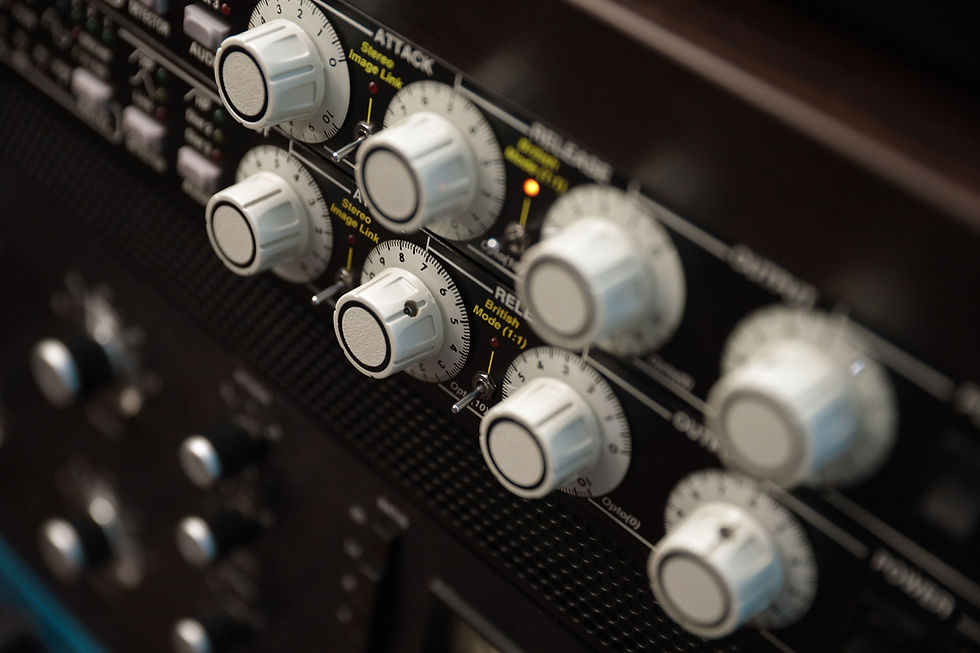The Fifth Lesson: Mastering Your Project
- Blog Writing King

- Jan 16, 2023
- 2 min read

The term "mastering" refers to the last step in the process of creating an audio recording, and it entails making minor adjustments to the mixdown of a song until it sounds polished and professional. The objective of mastering is to enhance the overall quality of the mix and bring it in line with professional standards so that it may be enjoyed on a broad range of playback systems and devices.
When it comes to mastery, among the most crucial factors are:
Volume leveling refers to the process of adjusting the total volume of the mix to make it fit for commercial distribution. This is done with the use of a digital audio workstation (DAW) or mastering application.
Equalization (EQ) is a technique for adjusting the tonal balance of a recording or performance. Certain frequencies may be amplified or removed out of the mix to make it work better with certain systems and gadgets.
Dynamic range may be decreased in a mix by utilizing a compressor, a technique known as compression. Make the volume more even or emphasize certain sections using this.
By using a limiter on the mix, we can turn up the volume without introducing any unwelcome distortion. This might be used to boost the loudness of the mix, making it more competitive with other commercial releases.
Modifying the width of the stereo field is what stereo augmentation is all about to provide a fuller, more encompassing sound.
The metadata of a music file includes details like the performer, track, and album names.
The final master may be sent to the artist, the record label, or the streaming services when the mastering process is complete. Mastering is a complex technical process that necessitates experience, acute hearing, and top-notch equipment for optimal results.
It's important to remember that mastering can only enhance the quality of the mix that was already generated; a great recording will sound even better once it's been mastered.
Mastering is the last step in the music production process, and it consists of adjusting the overall volume, equalization, compression, limiting, stereo enhancement, and the insertion of information. Having technical proficiency, skill, and a good ear are all necessary for the best results. You should hire a mastering engineer if you want your music to sound its finest.





Comments